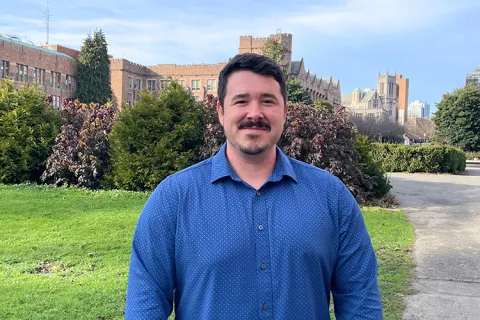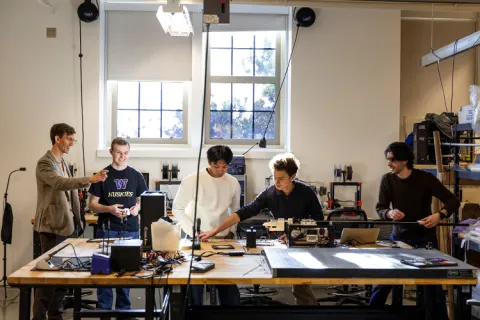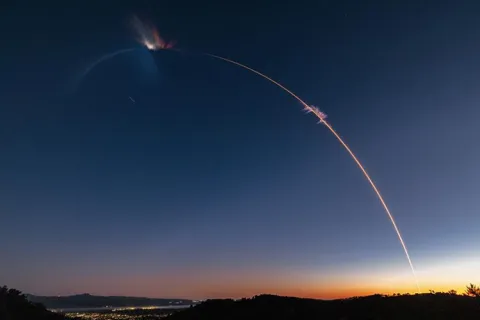UW Aero & Astro is advancing key elements of space exploration from design and construction to launch of CubeSats and sounding rockets, autonomous control and navigation, precision landing on lunar and Martian surfaces, rendezvous and docking, constellations and cooperative robotics. We are developing new materials for spacecraft structures, crucial mechanisms such as reusable landing gear based on principles of origami, better methods for space launches for both crewed and uncrewed missions, advanced propulsion systems for long-range spaceflight, and techniques to slow a spacecraft during reentry.

Key faculty
Key labs
- Aerospace Thermal Lab
- Autonomous Control Laboratory
- Computational Plasma Dynamics
- Detonation Engines
- Flow Z-Pinch Lab
- The illimited Lab
- Multiscale Analysis of Materials & Structures (MAMS)
- Nonlinear Dynamics & Control Lab
- Robotics, Aerospace, and Information Networks (RAIN) Laboratory
- Space Propulsion and Concepts Engineering Laboratory (SPACE) Lab)
- Williams Turbulence Laboratory



